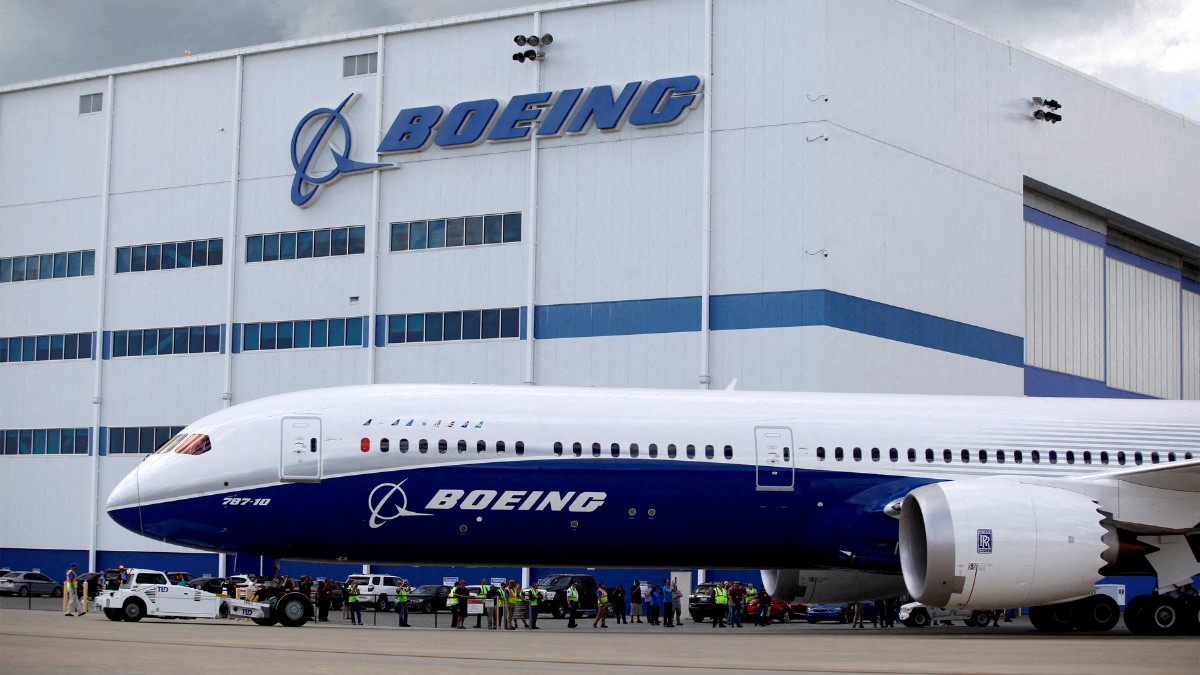In the realm of aviation, few names carry as much weight as Boeing. However, recent developments have cast a dark shadow over the aerospace giant, revealing a string of alarming issues that have shaken its reputation to the core. From criminal investigations to failed audits and tragic deaths, Boeing finds itself mired in a quagmire of crises, reminiscent of Murphy’s Law in action.
Mystery death of John Barnett
The latest blow came with the discovery of the lifeless body of John Barnett, a longtime Boeing employee turned whistleblower. Barnett, who dedicated 32 years of his life to the company, had been outspoken about safety concerns regarding Boeing’s aircraft, particularly focusing on the oxygen system and onboard masks, which he claimed had a troubling 25 per cent failure rate. Despite Boeing’s initial denials, subsequent investigations corroborated Barnett’s assertions.
However, the tragic twist in this saga came when Barnett was found dead in his truck in South Carolina, just before he was scheduled to appear for questioning regarding the case. Authorities ruled his death as self-inflicted, raising suspicions and prompting calls for a thorough investigation into the circumstances surrounding his demise.
The timing couldn’t be worse for Boeing, as it grapples not only with the fallout from Barnett’s death but also with the fallout from a series of mid-air incidents that have raised serious questions about the safety and reliability of its aircraft. In one such incident in January, a Boeing plane experienced a door panel malfunction, prompting the Federal Aviation Administration (FAA) to launch an investigation into Boeing’s production processes.
Boeing in turbulence
The results were damning. Out of 89 tests conducted by the FAA, Boeing failed 33, representing a staggering 37 per cent failure rate. Furthermore, Boeing’s supplier, Spirit Aero Systems, fared no better, failing seven out of 13 audits, including one related to the faulty door panel implicated in the January incident.
Impact Shorts
More ShortsIn response to these revelations, Boeing has pledged to implement immediate changes to strengthen safety and quality control measures. However, the US government has also taken action, with the Department of Justice opening a criminal investigation into the January incident, further compounding Boeing’s woes.
The repercussions of Boeing’s troubles extend far beyond the company itself, reverberating throughout the aviation industry and impacting millions of travellers worldwide. As one of the two dominant players in the market, alongside Europe’s Airbus, Boeing’s missteps have far-reaching implications, creating a duopoly that stifles competition and innovation.
This closed nature of the aviation industry extends to suppliers as well, with only a handful of companies producing essential components such as engines. Consequently, any disruptions in the supply chain or failures in these critical components can have cascading effects, leading to widespread disruptions and financial losses.
Airlines hit by Boeing issues
For airlines, the consequences are dire. Delays in aircraft delivery or increases in leasing costs can wreak havoc on their operations and bottom line. With demand for air travel on the rise and a limited number of suppliers, carriers are left with little room for manoeuvre, facing the prospect of higher costs and decreased reliability.
In the absence of viable alternatives, the aviation industry remains beholden to Boeing and Airbus, with their stranglehold on the market dictating prices and supply. Breaking free from this duopoly will require concerted efforts from regulators, policymakers and industry stakeholders to foster competition and innovation.
Until then, the fate of the aviation industry hangs in the balance, dependent on the decisions and actions of a select few players who hold immense power and influence. As Boeing grapples with its myriad challenges, the implications extend far beyond its own walls, underscoring the fragility of an industry built on trust and reliability. Only time will tell whether Boeing can weather the storm and emerge stronger or if its troubles will herald a new era of uncertainty for aviation.
Views expressed in the above piece are personal and solely that of the author. They do not necessarily reflect Firstpost’s views.
)